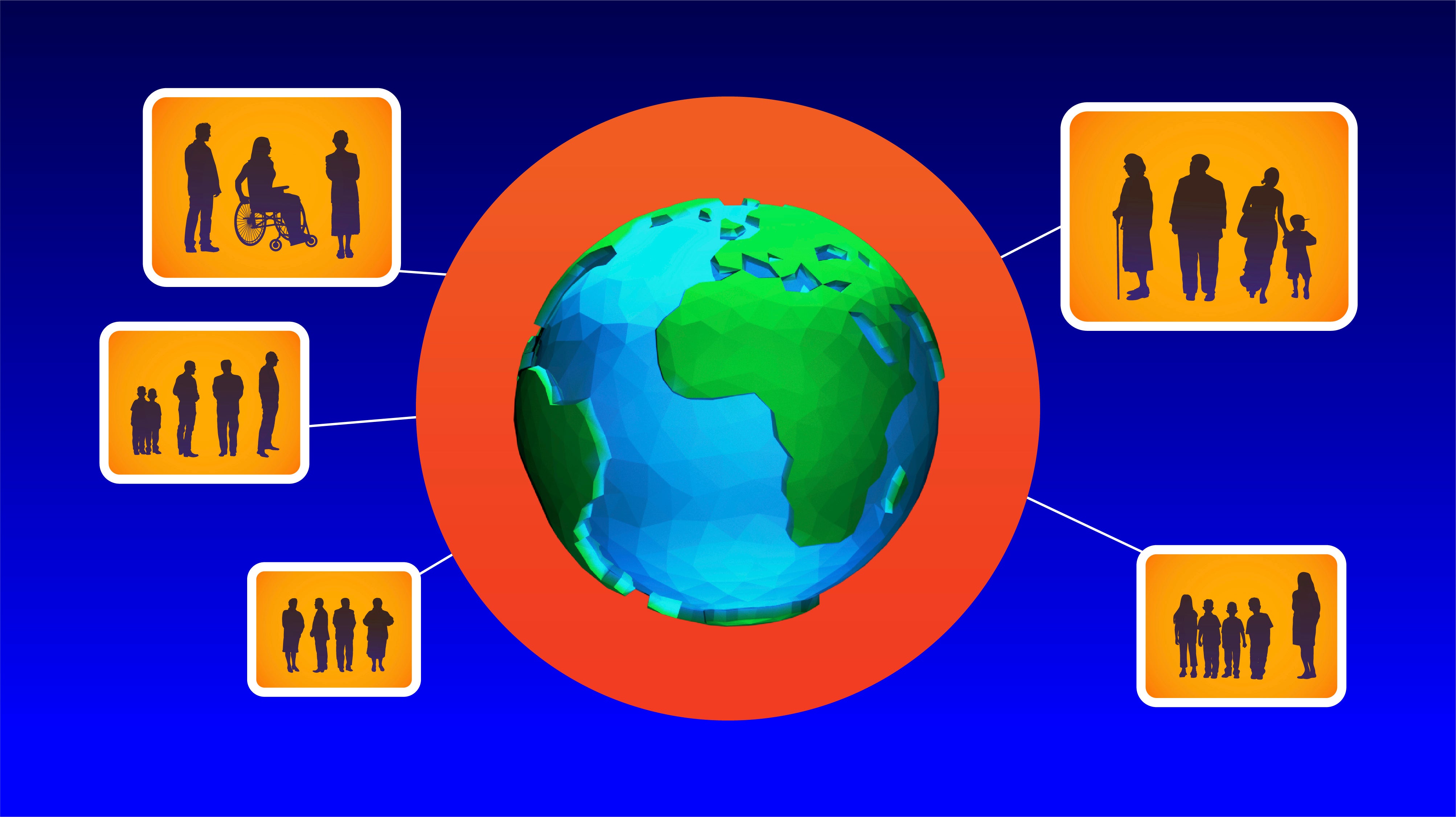Climate Questions: Who is most vulnerable to climate change?
Most of the world's population has been affected in some way by climate change — 85% of the world, in fact

Your support helps us to tell the story
From reproductive rights to climate change to Big Tech, The Independent is on the ground when the story is developing. Whether it's investigating the financials of Elon Musk's pro-Trump PAC or producing our latest documentary, 'The A Word', which shines a light on the American women fighting for reproductive rights, we know how important it is to parse out the facts from the messaging.
At such a critical moment in US history, we need reporters on the ground. Your donation allows us to keep sending journalists to speak to both sides of the story.
The Independent is trusted by Americans across the entire political spectrum. And unlike many other quality news outlets, we choose not to lock Americans out of our reporting and analysis with paywalls. We believe quality journalism should be available to everyone, paid for by those who can afford it.
Your support makes all the difference.Most of the world’s population has been affected in some way by climate change — 85% of the world, in fact. But the effects of climate change haven’t been equally felt by all. Some communities have seen a slight rise in temperature here and there, but others have had their entire communities wiped out.
As the rise of global temperatures and sea-level continues to affect the world with increasingly frequency and intensity, who are the most vulnerable to the effects of climate change?
___
EDITOR’S NOTE: This story is part of an ongoing series answering some of the most fundamental questions around climate change, the science behind it, the effects of a warming planet and how the world is addressing it.
___
The answer is clear, according to climate scientists, climate and environmental justice experts and international research efforts on the question. The Intergovernmental Panel on Climate Change found in a 2022 report that vulnerability to climate change is “exacerbated by inequity and marginalization linked to gender, ethnicity, low income or combinations thereof.”
“(The) poor, ethnic minorities, and women are very clearly the most vulnerable to the impacts of climate change that we are already seeing today: heat waves; displacement and smoke due to fires; and price shocks due to supply chain interruptions, higher energy prices,” Daniel Kammen, a professor of energy at the University of California, Berkeley and a coordinating lead author on IPCC reports, told The Associated Press.
These populations are the most vulnerable to the effects of climate change because of racism, sexism and pursuit of profits over protection of people, according to Bineshi Albert, co-executive director of the Climate Justice Alliance.
“Due to the continued search for profits by our current economic system and (by) the fossil fuel industry in particular, there are entire neighborhoods that are deemed worthy of becoming sacrifice zones, and this breaks down every time around race, class, and national lines,” she said.
Research also shows that disabled people are more vulnerable to effects of climate change than abled bodied people.
The increased vulnerability to climate change experienced by these populations and who is to blame for causing these inequities have become increasing topics of conversation at the international level. Debate about loss and damage — the climate harm caused by some nations to others, how much and what should be done about it — has waged on since at least COP23.
A study published in July 2022 found that richer nations like the U.S. caused climate harm to poorer countries.
In terms of repairing damage already caused to vulnerable populations and countries and helping them become less vulnerable, experts told the AP that it starts with including them in developing policies.
“A natural start is to develop policies to target these underserved communities with enhanced attention and support,” Kammen said.
Albert said it should go a step further with direct economic investments in communities most vulnerable to climate change.
“Economic resources should go directly to those on the frontlines of the climate crisis to develop and implement their own community-led solutions,” she said. “Communities rather than profits must be the motive if we are truly going to solve the climate crisis.”
___
Follow Drew Costley on Twitter: @drewcostley.
___
Associated Press climate and environmental coverage receives support from several private foundations. See more about AP’s climate initiative here. The AP is solely responsible for all content.